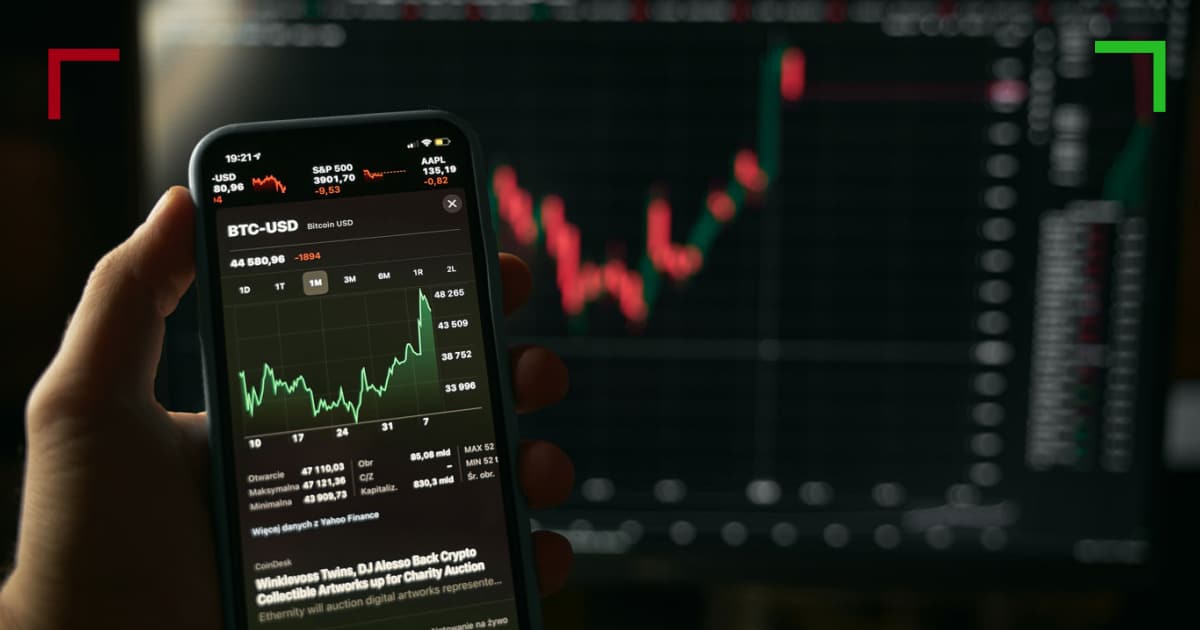
Understanding Cryptocurrency Trading Security
In the rapidly evolving world of cryptocurrency, trading security is more critical than ever. With the rise of digital assets, malicious actors are becoming increasingly sophisticated. To protect your investments, it’s imperative to implement robust security measures and stay informed about potential threats. In this article, we will delve into the key aspects of cryptocurrency trading security and provide valuable insights into safeguarding your assets. For further information about secure trading practices, you can Crypto Trading Security visit website.
1. The Importance of Security in Cryptocurrency Trading
The decentralized and pseudonymous nature of cryptocurrencies makes trading both exciting and perilous. Unlike traditional banking systems, there is often no central authority to protect users from fraud and theft. This places the security responsibility squarely on the individual trader. Cybercriminals are constantly finding new methods to exploit vulnerabilities, making awareness and prevention essential for anyone involved in cryptocurrency trading.
2. Common Threats in Cryptocurrency Trading
Before we discuss security measures, it’s important to understand the common threats you may encounter in cryptocurrency trading:
- Phishing Attacks: Cybercriminals often use deceptive emails and websites to trick users into providing sensitive information, such as login credentials.
- Exchange Hacks: Cryptocurrency exchanges are prime targets for hackers due to the large amounts of digital assets they hold. Security breaches at exchanges can result in significant losses for traders.
- Malware and Ransomware: Malicious software can steal your digital wallet credentials or hold your assets hostage until a ransom is paid.
- Social Engineering: Scammers may manipulate emotions to incite a sense of urgency, convincing users to make unwise trading decisions or divulge security information.
3. Best Practices for Enhancing Trading Security
To mitigate the risks associated with cryptocurrency trading, adopting best practices is crucial. Here are some effective strategies to enhance your trading security:
3.1 Use Strong Passwords
Always create strong, unique passwords for your trading accounts. Avoid using easily guessable information such as birthdays or common words. Additionally, consider using a password manager to help generate and store complex passwords securely.
3.2 Enable Two-Factor Authentication (2FA)
Make it a habit to enable two-factor authentication on trading platforms. 2FA adds an additional layer of security by requiring a second form of identification, such as a one-time code sent to your smartphone, in addition to your password.
3.3 Store Assets in Hardware Wallets
For long-term storage of cryptocurrencies, consider using hardware wallets. Unlike online wallets, hardware wallets store your private keys offline, reducing the risk of exposure to cyber threats.
3.4 Regularly Update Software

Keep your software, including operating systems and applications, up to date. Regular updates often include security patches that address vulnerabilities that hackers might exploit.
3.5 Conduct Research on Exchanges and Brokers
Before using a cryptocurrency exchange or broker, research their security measures. Look for platforms with a proven track record of security and customer protection, including insurance policies for user funds.
3.6 Beware of Public Wi-Fi
Avoid conducting cryptocurrency trades over public Wi-Fi networks. Public networks can be insecure and may expose your data to potential attackers. If you must use public Wi-Fi, consider using a Virtual Private Network (VPN) for an added layer of security.
3.7 Educate Yourself on Scams
Stay informed about the latest scams and security threats in the cryptocurrency market. Educating yourself can help you recognize suspicious activities and avoid falling prey to scams.
4. Legal and Regulatory Compliance
Staying compliant with legal and regulatory standards is an important aspect of cryptocurrency trading security. Governments worldwide are developing regulations to protect investors and ensure the integrity of the financial system. Familiarizing yourself with these regulations can ensure that you are trading lawfully and avoid potential penalties.
4.1 Know Your Customer (KYC) Regulations
Many exchanges implement KYC requirements, which involve verifying the identity of their users. By complying with KYC regulations, you not only maintain a safer trading environment but also contribute to the overall legitimacy of the cryptocurrency space.
4.2 Anti-Money Laundering (AML) Policies
AML policies are designed to prevent financial crimes such as money laundering and terrorism financing. Familiarizing yourself with these policies helps you engage responsibly in the trading ecosystem.
5. The Future of Cryptocurrency Trading Security
As the cryptocurrency landscape continues to evolve, so too will the measures required to ensure security. Innovations such as blockchain technology advancements, multi-signature wallets, and decentralized finance (DeFi) solutions are paving the way for enhanced security protocols. Staying abreast of these developments is essential for any trader looking to protect their investments effectively.
Conclusion
Cryptocurrency trading security is not just an option—it’s a necessity. Protecting your digital assets requires vigilance, informed decision-making, and a commitment to employing best practices. By understanding the threats you face and proactively implementing security measures, you can trade with confidence in the exciting world of cryptocurrencies. Remember, security begins with you.

